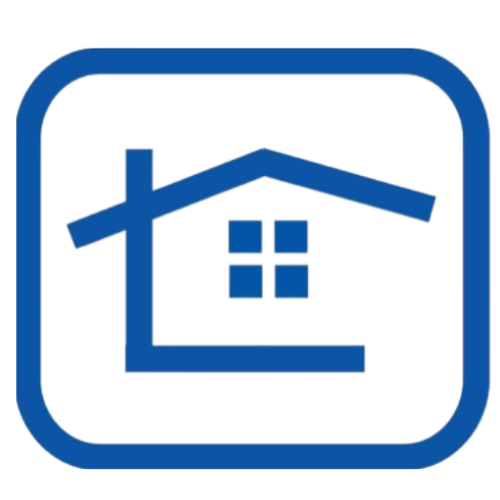The Top 5 Things to Know When Buying a House
Are you buying a home?
If so, congrats! Buying a new house is an exciting, big step in life.
Before you sign on to that 25-year mortgage, there are a few things to keep in mind. Take a look at the top 5 things we think you should know before buying a house.
1. Have Good Credit
Before you even step foot in a potential house, take a look at your credit score. A good credit score (650 and up) will help you in the long run, not only with some of the best rates on the market but also with down payment costs. Anything too low will have you paying a higher down payment and other fees.
If you know you want to apply for a mortgage loan in the next year, avoid opening any new credit cards. Focus on paying off the ones you have and making sure you won’t get penalized for paid, old, or settled debts.
2. Down Payments, Loans, & Closing Costs
Now that you have an idea of what your credit looks like, it’s time to start saving up for your closing costs and down payment.
A typical down payment costs anywhere between 5-20% of the house price. Keep in mind, down payments less than 20% will need to be insured by Canadian Mortgage and Housing Corporation (CMHC).
Down payment costs also depend on the type of loan you’re approved for, for example, secured lines of credit max out at 65% LTV Loan to Value and require a larger down payment of at least 35%.
Along with your down payment, you’ll also pay your closing costs at the time of closing. These fees vary by location, so check with your area to have an idea of how much to expect.
If you don’t qualify for a 5% down payment mortgage, there are certain down payment assistance options. Such as using a personal loan, gift or using an equity loan on another property. There are hundreds of mortgage options available in Canada and that is why we suggest that our clients talk to a professional mortgage broker to find the best mortgage solution.
3. Budget, Budget, Budget
After you pay the initial down payment and closing parts, the easy part is over (no, we aren’t joking). Before you pick a price range you’d like to pay for the house, you need to consider what your monthly mortgage will look like in addition to other monthly bills.
You’ll most likely pay your mortgage, some taxes, interest, and mortgage insurance as one bill. A good rule of thumb is to not let this exceed 32% of your gross annual income. Here are just a few extra costs you could see each month:
- Property Taxes
- Insurance
- Home Maintenance
- Appliance repairs/replacement
Don’t forget to include other finances which may pop up throughout the years like a roof replacement or a gas leak.
4. Decide on Dealbreakers
Now that we’ve got costs out of the way, let’s talk dealbreakers. Consider what you want in your home. Can you live without crown moulding? What about a garage?
Figure out what your dealbreakers are on houses and make a list of necessities. Good insulation, quality windows, and enough space to grow your family are a few that might come to mind. We recommend creating a needs and wants list. This ensures you stick to your needs and buy the right home. It also helps your Realtor(R) understand exactly what you need so they can “weed out” homes that don’t match your needs. This saves you a ton of time.
5. Get a Home Inspection Done
Hooray! You’ve found a home within your budget with everything (or almost everything) you wanted. Congratulations!
Before you sign the papers and move in, GET A HOME INSPECTION DONE. While everything may look fine on the surface, you never know what’s beneath the surface. Hire a professional to check for foundation issues and anything else like termites or a bad roof. They not only can tell you what needs fixing now but can also inform you of issues you may have in the future so that you can set up a savings account to pay for them.
If there are some issues with the house, it may work in your favour to negotiate the buying price. Some sellers even offer to fix the issues before closing. While some sellers have already reduced their price to reflect the need for improvements.
We always suggest that our clients attend the inspection and have a summary of the results with the inspector, while at the house.
What to Know When Buying a House
Buying a house, while exciting, can seem overwhelming if you aren’t sure what steps to take. It is our job to advise and guide you so that you’ll know what to look for when buying your starter home and your final home.
For more things on real estate, interior design, and the likes, check out our blog!
Categories
Recent Posts










